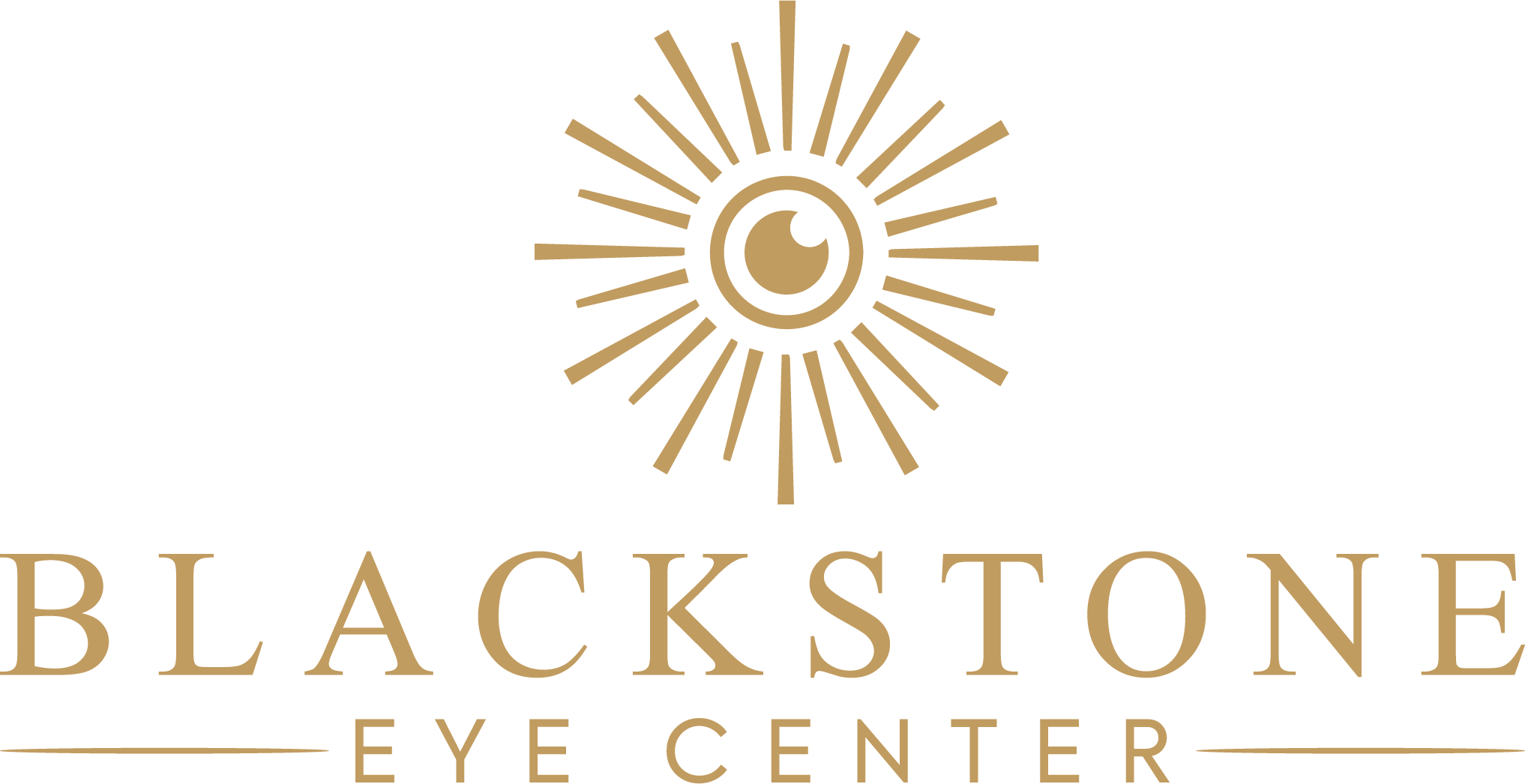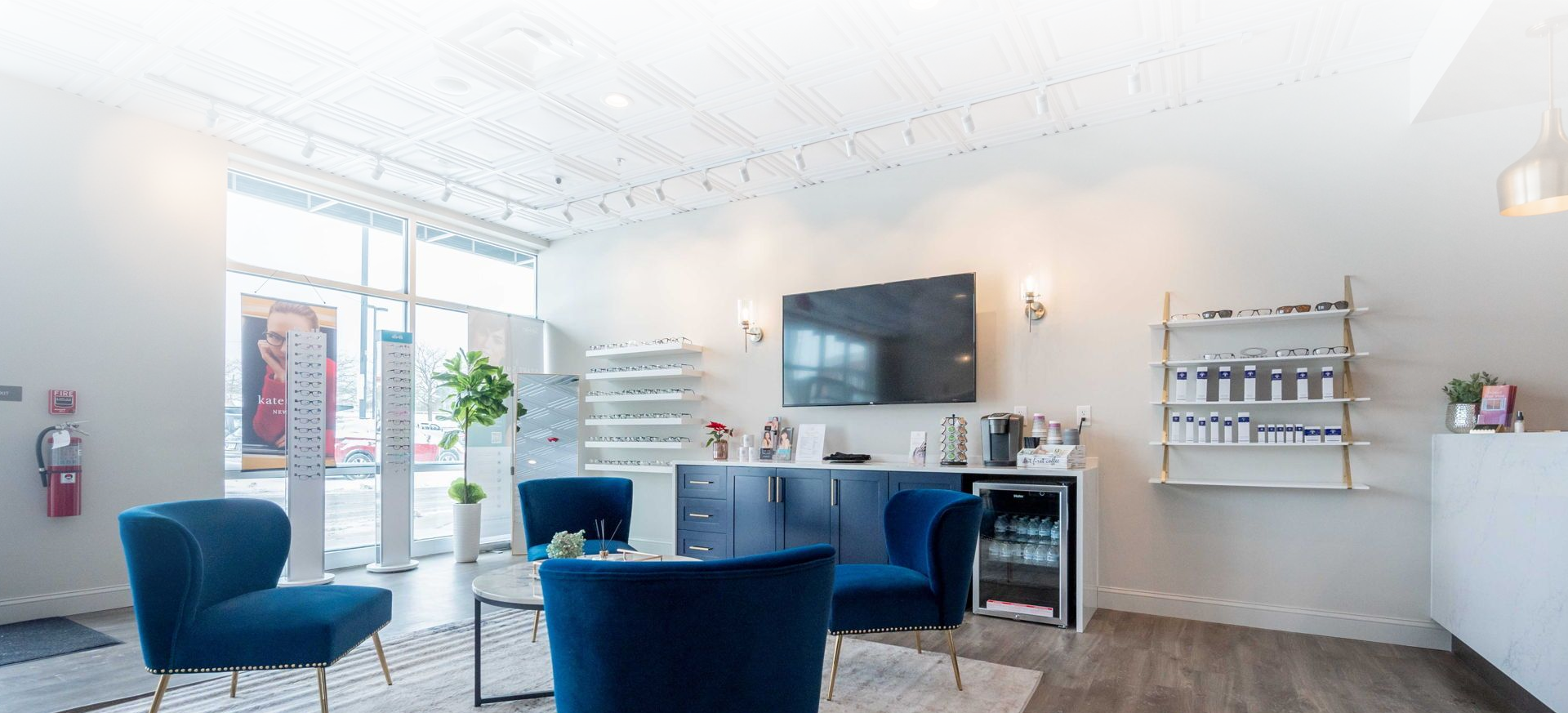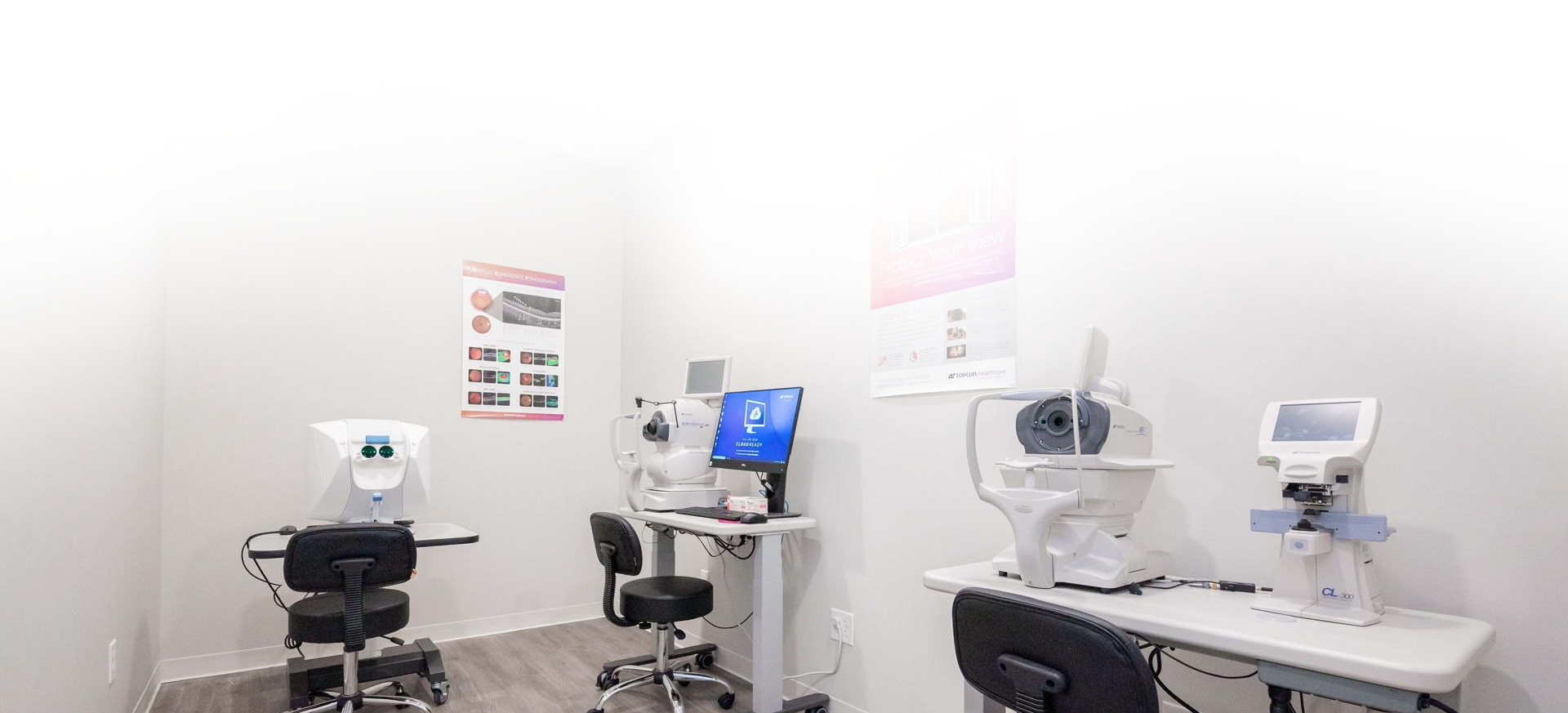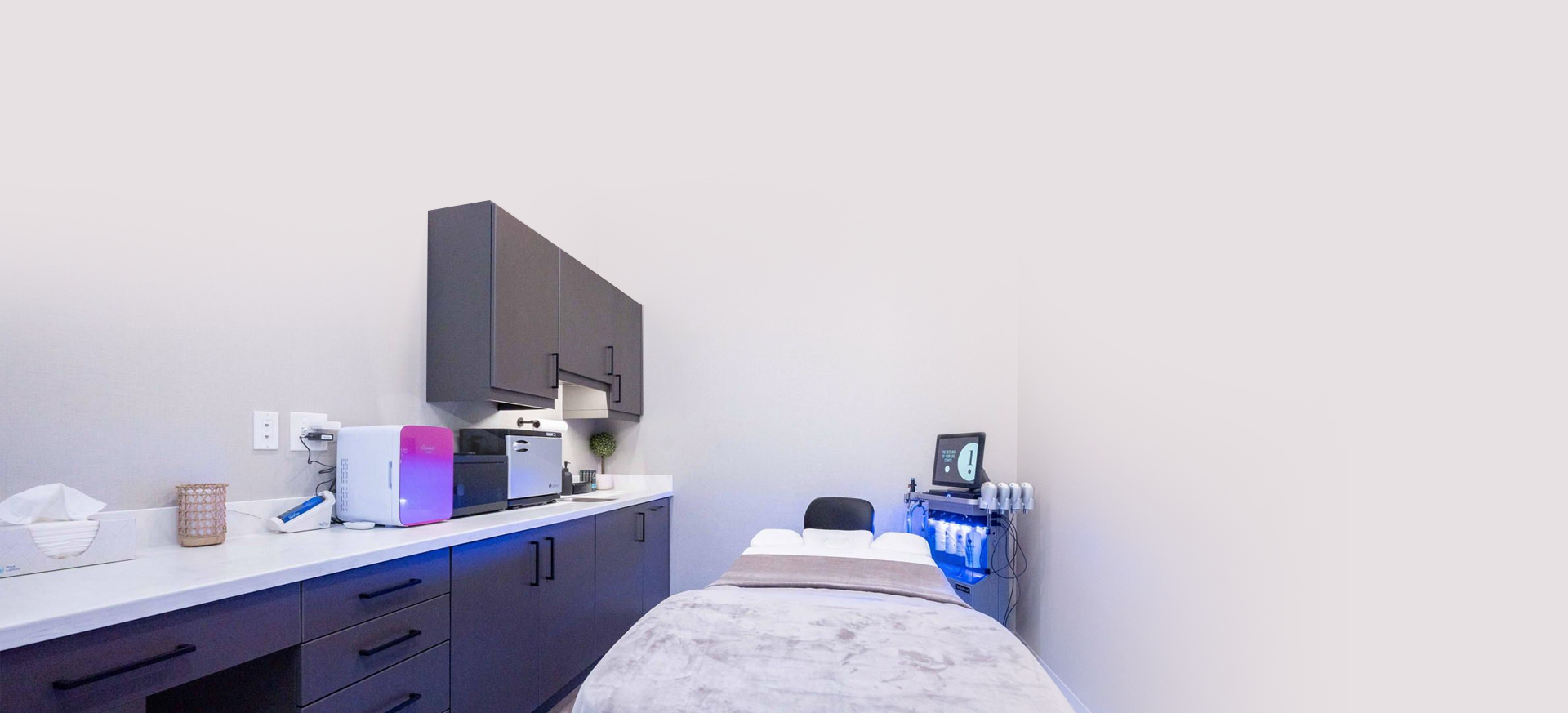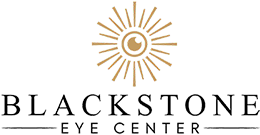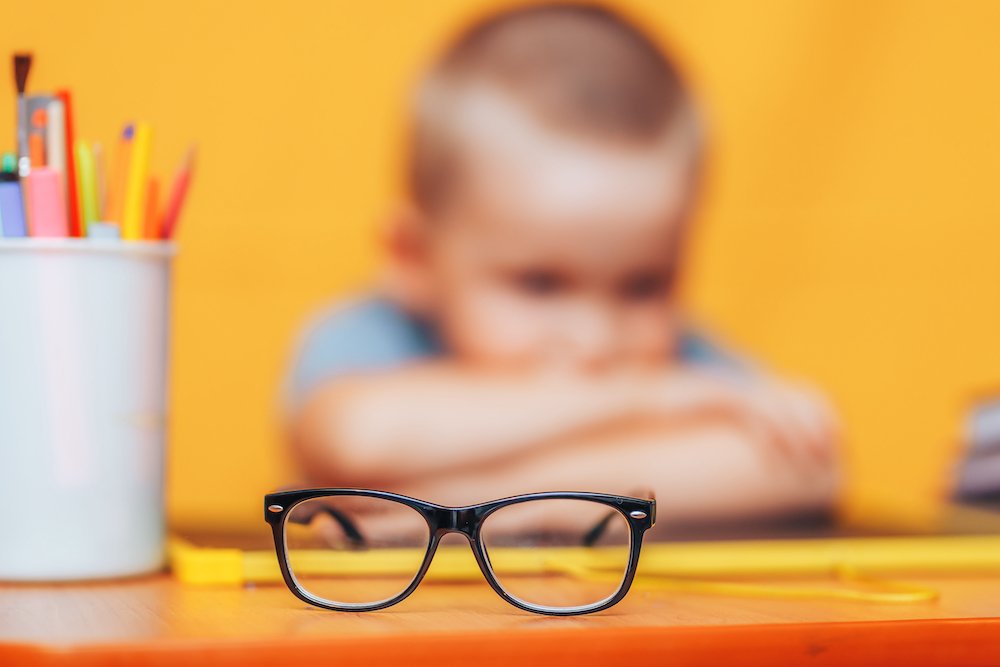
Are you tired of squinting to see things far away? You might be dealing with myopia, also known as nearsightedness. But you are not alone—the condition affects nearly 30% of the world’s population, especially kids and teenagers. It’s why managing it early and slowing its progression is crucial.
What Is Myopia Management?
This refers to a set of strategies aimed at slowing myopia progression. It is critical because high myopia increases the risk of complications. So, slowing its progression can help prevent these complications.
The Importance of Slowing Myopia Progression Early
Slowing myopia progression is crucial for maintaining good eye health. Early management is critical for the following reasons:
Preventing High Levels of Nearsightedness
If left unchecked, nearsightedness can progress to higher levels. Significant eye issues like retinal detachment, glaucoma, and cataracts may become more likely. By managing the condition early, you can reduce the risk of these conditions.
Better Vision
Nearsightedness can result in headaches, eyestrain, and hazy vision. These symptoms can impact school, work, and sports. Managing it early can improve vision and reduce eyestrain and other symptoms. It can help youngsters perform better in school.
Less Dependence on Corrective Lenses
Managing nearsightedness can reduce the need for frequent prescription changes. This can save you time and money in the long run. Uncontrolled myopia in children may require more frequent contact lenses or spectacles replacement. Kids and their parents will find that annoying.
Improved Eye Development
High levels of nearsightedness can affect children’s eyes when they are still developing. Managing myopia can ensure the eyes develop correctly. It can also reduce the risk of complications like lazy eye or crossed eyes.
Avoiding Invasive Treatments
Left unmanaged, this condition may progress to where more invasive treatments are necessary. By managing it early, you can avoid these treatments altogether.
Management Techniques
The best approach for managing children’s myopia will depend on several variables. These factors include their age, the degree of their myopia, and their eye health. Some standard myopia management techniques include:
Orthokeratology treatment involves wearing special contact lenses that reshape the cornea overnight. Multifocal lenses can help reduce eyestrain and focus light in a way that slows eye growth.
Atropine eye drops at a low concentration can slow its progression.
Behavioral modifications like spending more time outdoors and reducing screen time can help.
Myopia management is essential for preventing vision loss and eye complications. Early intervention is critical in slowing the progression of nearsightedness. Several effective management techniques are available.
Parents should schedule eye checkups if they notice changes in their children's vision. You can improve your little one's long-term eye health through early intervention. This will help prevent the need for more invasive treatments in the future.
For more on myopia management, visit Blackstone Eye Center at our office in West Chester, Pennsylvania. Call (610) 708-5575 to book an appointment today.
